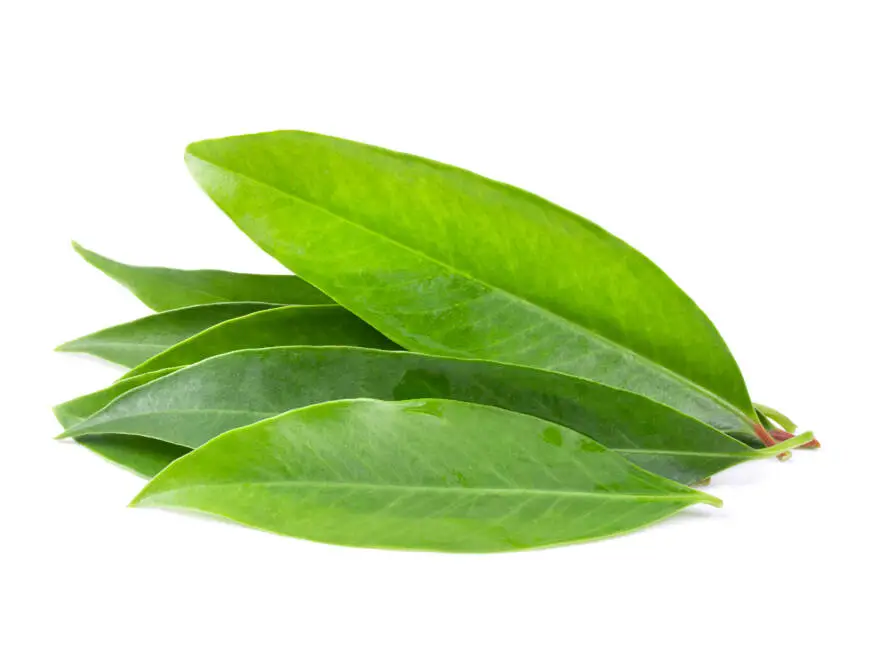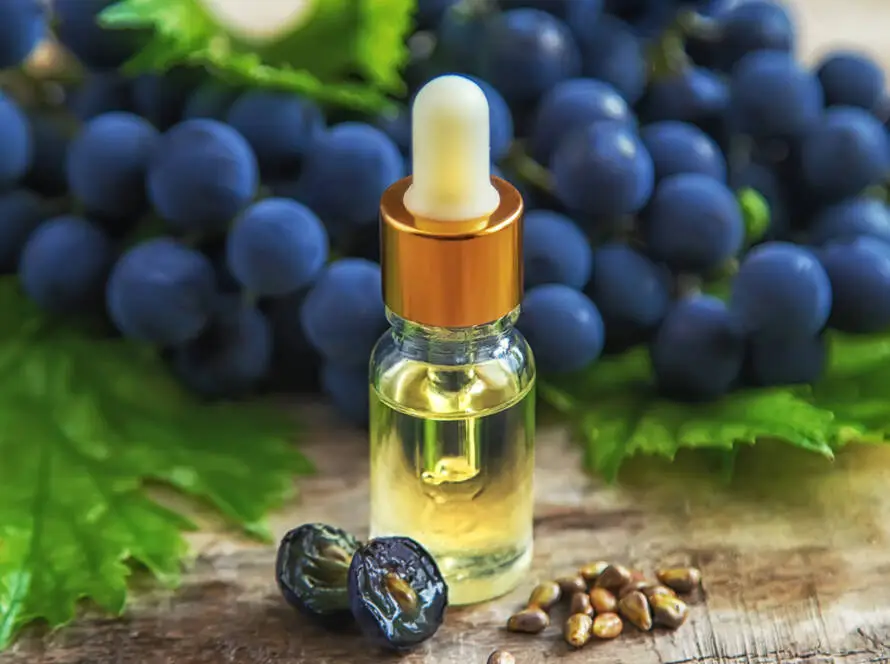Elderberry
Introduction
Elderberry is a flowering plant renowned for its therapeutic properties, particularly in enhancing immune function. The most commonly utilized species are Sambucus nigra, primarily found in Europe and parts of North America, and Sambucus canadensis, known as the North American elder. This plant is recognized not just for its medicinal uses but also for its rich history in folk medicine, where it has been valued for centuries. The berries and flowers of the elderberry plant are used extensively for their potential health benefits, making elderberry a popular choice in herbal medicine formulations.
Common Names
- Elderberry
- Black elder
- European elder
- Sambucus
Latin Names
- Sambucus nigra (commonly referred to as European elder)
- Sambucus canadensis (known as North American elder)
- Sambucus ebulus (also known as dwarf elder)
Uses
Elderberry has a variety of traditional uses, including:
-
Treating and Preventing Colds and Influenza: Elderberry is particularly well-known for its potential to support the immune system during viral infections. Traditionally used during cold and flu season, elderberry is believed to help reduce the severity and duration of these illnesses.
-
Alleviating Symptoms of Respiratory Infections: Elderberry is often used to relieve symptoms of sinusitis, bronchitis, and other upper respiratory infections. Its anti-inflammatory properties may help reduce nasal congestion and sinus pressure, providing relief from discomfort.
-
Antioxidant Support: The berries are rich in flavonoids, especially anthocyanins, which are potent antioxidants. These compounds help combat oxidative stress in the body, potentially reducing inflammation and lowering the risk of chronic diseases.
-
Skin Health: Elderberry extracts can also be beneficial for skin conditions, such as eczema and acne, due to their anti-inflammatory properties.
How It Is Used
Elderberry can be consumed in various forms, allowing for flexibility in preparation:
-
Syrups: One of the most popular preparations, elderberry syrup is made by cooking the berries with water and sugar, creating a sweet, thick liquid that can be taken directly or used in beverages.
-
Teas: Dried elderflowers can be steeped to create a soothing herbal tea. This infusion not only relieves colds and congestion but also acts as a gentle diuretic.
-
Powders and Capsules: Elderberry is available in powder or capsule form, making it easy to incorporate into daily routines as a supplement.
-
Topical Applications: Elderberry extracts can be formulated into ointments or salves for external use, aiding in the treatment of minor skin irritations and wounds.
What the Science Says
Research on elderberry has shown promising results regarding its effectiveness in treating colds and flu:
-
Immune Enhancement: Some studies suggest that elderberry can increase cytokine production, which is crucial for the immune response. This may help the body fight off viral infections more effectively.
-
Reduction of Flu Virus Activity: Studies have shown that elderberry extracts can inhibit the replication of the influenza virus, potentially leading to reduced symptoms and a faster recovery.
-
Mixed Results: While many studies support the efficacy of elderberry, results are still mixed. Some research indicates that elderberry may help reduce symptoms of upper respiratory infections, but it is not a standalone cure and should be used alongside other health practices.
Side Effects and Cautions
Elderberry is generally considered safe for most people when taken as directed; however, some individuals might experience side effects. These can include:
-
Gastrointestinal Issues: Some users may encounter stomach upset or diarrhea, especially if consuming unripe elderberries, which can be toxic if not properly processed.
-
Allergic Reactions: People with allergies to the honeysuckle family or sensitivities may experience reactions. Symptoms can range from mild rashes to more severe respiratory issues.
-
Precautions for Specific Populations: Individuals with autoimmune diseases or those who are pregnant or breastfeeding should consult a healthcare provider before using elderberry, as more research is needed to establish safety in these groups.
Informing healthcare providers about complementary and alternative medicines, such as elderberry, is crucial for coordinated, safe care and for ensuring that all aspects of health are considered.
Sources
- Drug.com
- Wikipedia.com
- NCCAM National Institutes of Health
Disclaimer
The information I’ve shared about herbs is for educational purposes only and is not meant as medical advice. While many herbs have been traditionally used for their potential health benefits, individual responses may vary, and the effectiveness of herbs can depend on various factors, including personal health conditions and interactions with medications. It is essential to consult with a qualified healthcare professional or a licensed herbalist before using herbs for medicinal purposes or making significant changes to your health regimen. This information should not be considered a substitute for professional medical advice, diagnosis, or treatment.


